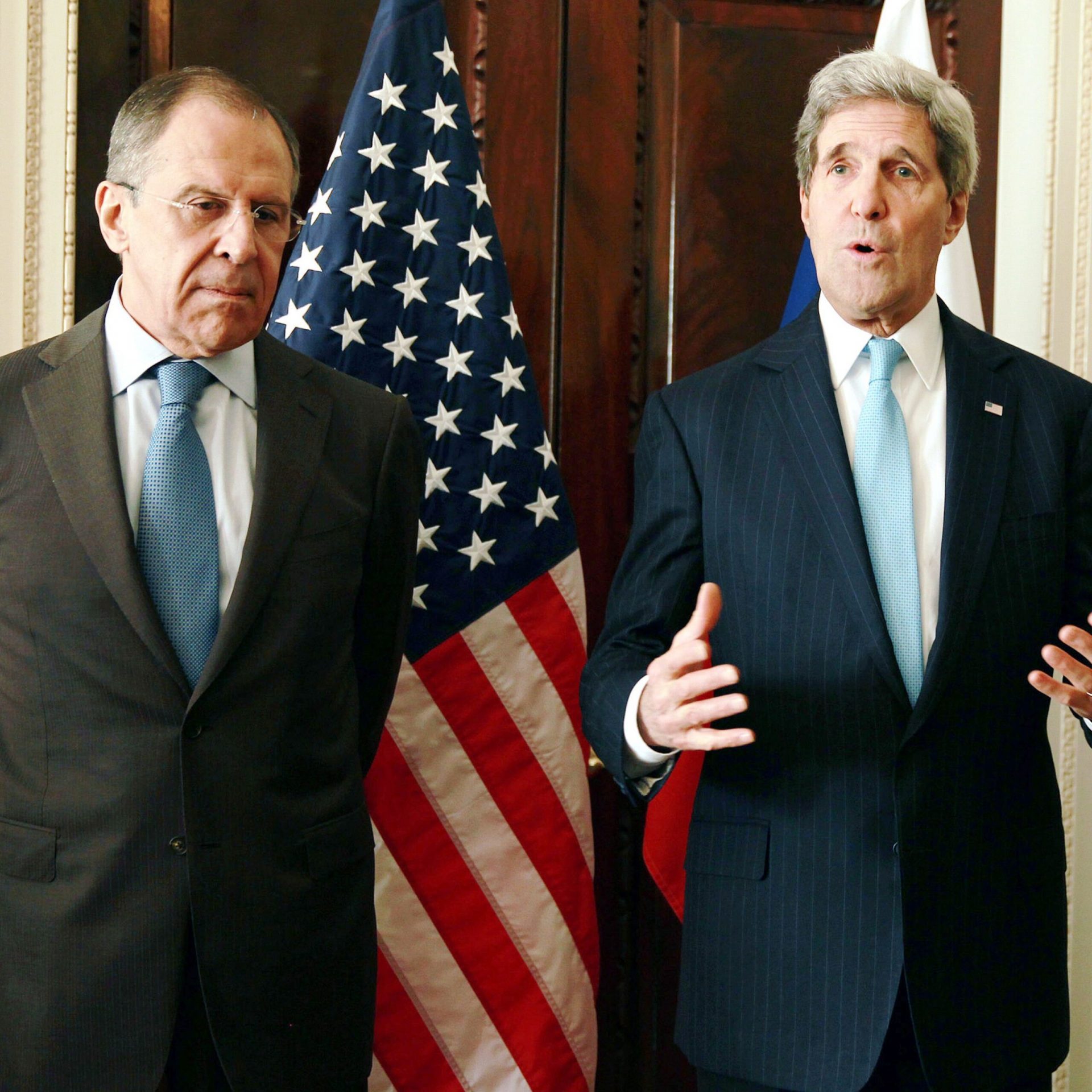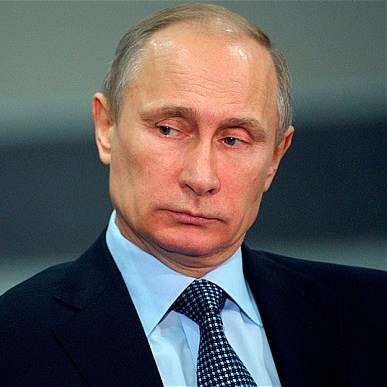(Co-authored by Samuel Charap and Keith Darden)
(Reuters) There is a disturbing air of inevitability in Western capitals surrounding Russia’s annexation of Crimea. A growing consensus views this scenario as a rough analogy to Moscow’s recognition of Georgia’s breakaway regions of Abkhazia and South Ossetia after the 2008 war — perhaps more severe, but still manageable.
Such complacency is misplaced, however. The consequences of the annexation of Crimea are not manageable. The moral high ground we currently occupy isn’t worth it.
Despite Russian President Vladimir Putin’s triumphalist speech on Tuesday, the United States and the European Union should not assume that Crimea is lost. Instead they should be working overtime to prevent annexation.
The odds are stacked strongly against this, but the alternative is so dire that every effort must be made immediately to make it happen. This means going beyond sanctions and reassurance from the U.S. to its East European allies — important steps, but not effective in the short term. The West instead needs to focus on negotiating with Moscow to stop or reverse the annexation — even if that means dealing in Putin’s objectionable terms.
If it were only about Crimea, this crisis might be manageable. Annexation of the peninsula would provide Russia with the security of controlling the fate of its Black Sea Fleet, perhaps limiting its perceived need to meddle in Ukrainian politics.
Let’s not forget that Crimea is genuinely different from other parts of Ukraine. It is the only province with a majority Russian population, the only region granted autonomous status and it became part of Soviet Ukraine through Nikita Khrushchev’s arbitrary goodwill gesture. Its ties to Ukraine are thin and easily broken. Other cases like Abkhazia, South Ossetia or Kosovo did not destroy the international order. […]











